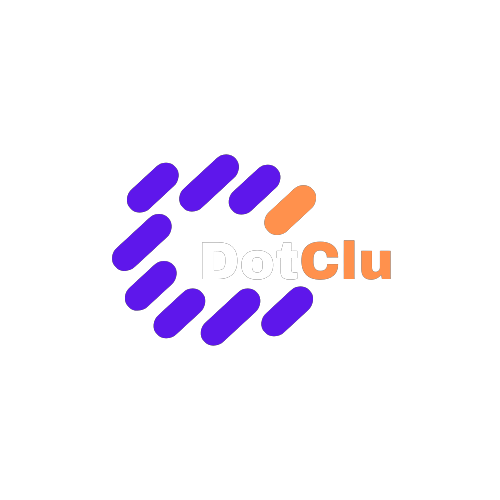write to us

Education Sector
Certainly! Here are some use cases of IT services in the education industry:
Education Industry
- 1. Learning Management Systems (LMS):
Implement a robust Learning Management System that provides a centralized platform for managing and delivering online courses, content, and assessments. LMS platforms enable educators to create and share resources, track student progress, facilitate discussions, and provide feedback. Students can access learning materials anytime, anywhere, and engage in interactive learning activities.
- 2. Virtual Classrooms and Online Learning:
Develop virtual classroom platforms that facilitate real-time online teaching and collaboration. These platforms provide features such as video conferencing, chat, screen sharing, and interactive whiteboards, enabling educators to conduct live classes and engage with students remotely. Online learning platforms offer flexibility, access to a wide range of courses, and personalized learning experiences.
- 3. Digital Content and e-Books:
Create digital content and e-books that supplement traditional textbooks. Digital content can include interactive multimedia elements, simulations, and adaptive learning features. E-books provide students with the convenience of accessing educational resources on various devices, searchability, and interactive features that enhance the learning experience.
- 4. Personalized Learning and Adaptive Technologies:
Utilize adaptive learning technologies that adapt to individual students' needs, pace, and learning styles. These technologies leverage data analytics and AI algorithms to deliver personalized learning experiences, recommend tailored resources, and provide targeted feedback, promoting student engagement and improving learning outcomes.
- 5. Education Data Analytics:
Utilize data analytics tools to analyze educational data and gain insights into student performance, learning trends, and instructional effectiveness. Data analytics can help identify at-risk students, track progress, and inform data-driven decision-making for curriculum development and instructional improvement.
- 6. Online Assessment and Grading Systems:
Implement online assessment platforms that enable educators to create, administer, and grade quizzes, tests, and assignments digitally. Online assessment systems provide immediate feedback to students, reduce administrative workload, and facilitate data analysis to identify areas of improvement.
- 7.Virtual Reality (VR) and Augmented Reality (AR) in Education:
Integrate virtual reality and augmented reality technologies to create immersive and interactive learning experiences. VR and AR can be used to simulate virtual field trips, hands-on experiments, historical reenactments, and interactive 3D models, enhancing student engagement and understanding of complex concepts.
- 8. Collaboration and Communication Tools:
Provide collaboration and communication tools that facilitate online discussions, group projects, and teacher-student interactions. These tools can include video conferencing, discussion forums, instant messaging, and file-sharing capabilities, promoting collaboration and fostering a sense of community in online and blended learning environments.
- 9. Student Information Systems (SIS):
Implement Student Information Systems that streamline administrative tasks such as enrollment, attendance tracking, scheduling, and grade management. SIS platforms provide a centralized database for student information, enabling efficient communication between educators, parents, and administrators.
- 10. Cybersecurity and Data Privacy:
Implement robust cybersecurity measures and data privacy protocols to protect sensitive student data, prevent unauthorized access, and ensure compliance with privacy regulations. This includes securing network infrastructure, educating staff and students on cybersecurity best practices, and implementing secure authentication mechanisms.
These use cases highlight how IT services can transform the education industry by enhancing access to quality education, personalizing learning experiences, improving administrative efficiency, and fostering collaboration and engagement among students and educators. By leveraging technology solutions, educational institutions can adapt to digital transformations, meet the needs of diverse learners, and prepare students for the demands of the modern world.
15+
100+
1200+
Services
Industries
Careers
